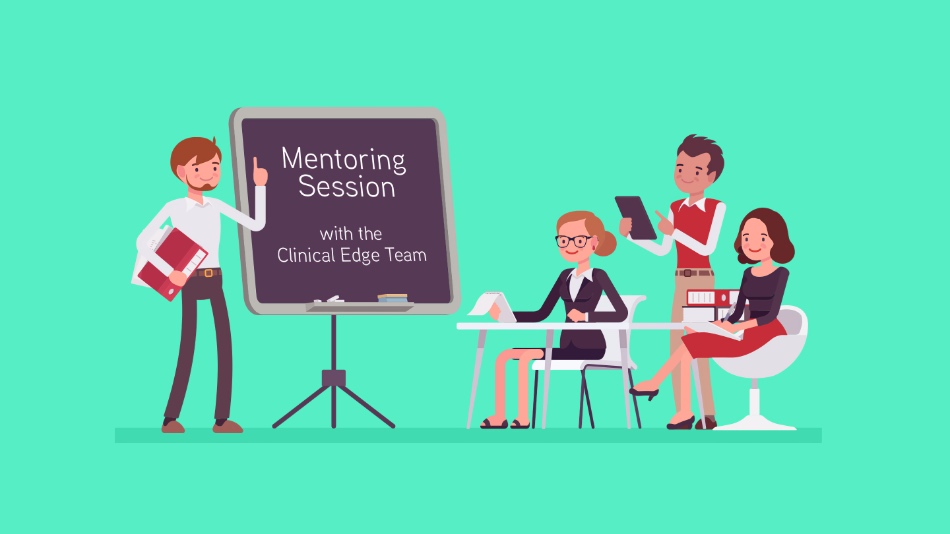When I was a few years out of Uni, one of my patients had a Cervical radiculopathy with debilitating neck pain, pins and needles, numbness and pain in her left arm.
I was working in the Scottish Borders, splitting my time between a small NHS clinic working by myself a few days a week, and at a slightly larger hospital with three other Physiotherapists for the other two days a week.
I struggled to understand what any of my patients were saying in their thick Scottish accents, with expressions like "Ah dinnae ken" when I'd ask what they thought was causing their pain, or what medications they were taking.
My blank look followed by "Ah sorry, what did Ken say?" didn't seem to help make things any clearer.
After hearing this expression at some point from most patients throughout my first few days on the job, I rang and asked one of the other Senior Physios (Kim) at the larger hospital what on earth it meant.
Kim and I chuckled as she told me "Ah dinnae ken" means "I don't know".
I should have guessed.
That wasn't the only question I asked the Physios at the larger hospital, because my patient with Cervical radiculopathy wasn't improving, no matter what we did.
Fortunately Kim was very experienced, and happy to help. She gave me some ideas over the phone, and later gave me a tutorial on Cervical radiculopathy that really helped. She also pointed me in the direction of some textbooks and resources I could read to improve my knowledge, which I dived into as well.
Later that week when I got back to the small clinic, I used what I learned with my patient, and started to see improvements.
It felt great to finally see my patients pain and neuro symptoms improve, and she was extremely happy to start making progress.
I'm not sure what I or my patient would have done without that guidance. Her doctor wanted to refer her for surgery, so maybe she would have had surgery rather than just needing conservative management. Or had pain for a lot longer than she did.
Working with patients, we're always going to face clinical scenarios that are unfamiliar or patients that don't seem to respond to our treatment, no matter what we try.
Having experienced, knowledgeable clinicians to ask about those difficult clinical scenarios and patients, or any of the questions that crop up daily in clinical practice can make all the difference to your patients, and to how you feel about work at the end of the day.
If you'd like new ideas, help and guidance with any of your patients, join us for the live member mentoring session tomorrow with the Clinical Edge presentation team of Specialist and Titled Physiotherapists at 6pm AEDST (Sydney time) on 29th March 2022.
Have your questions answered, and know how to treat your difficult patients.
